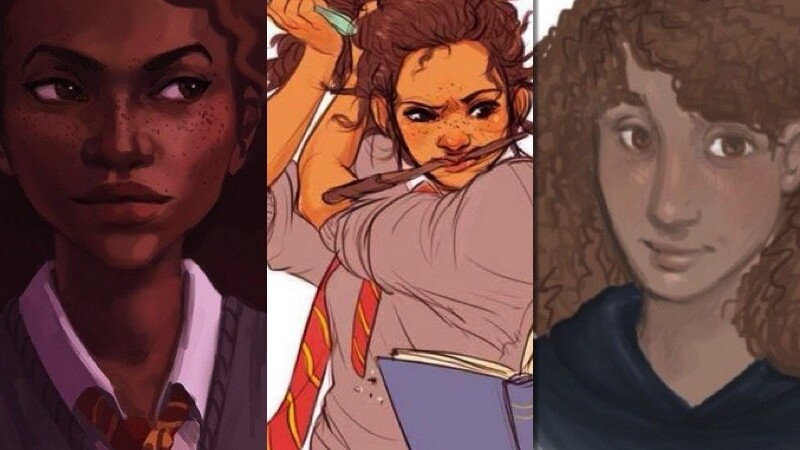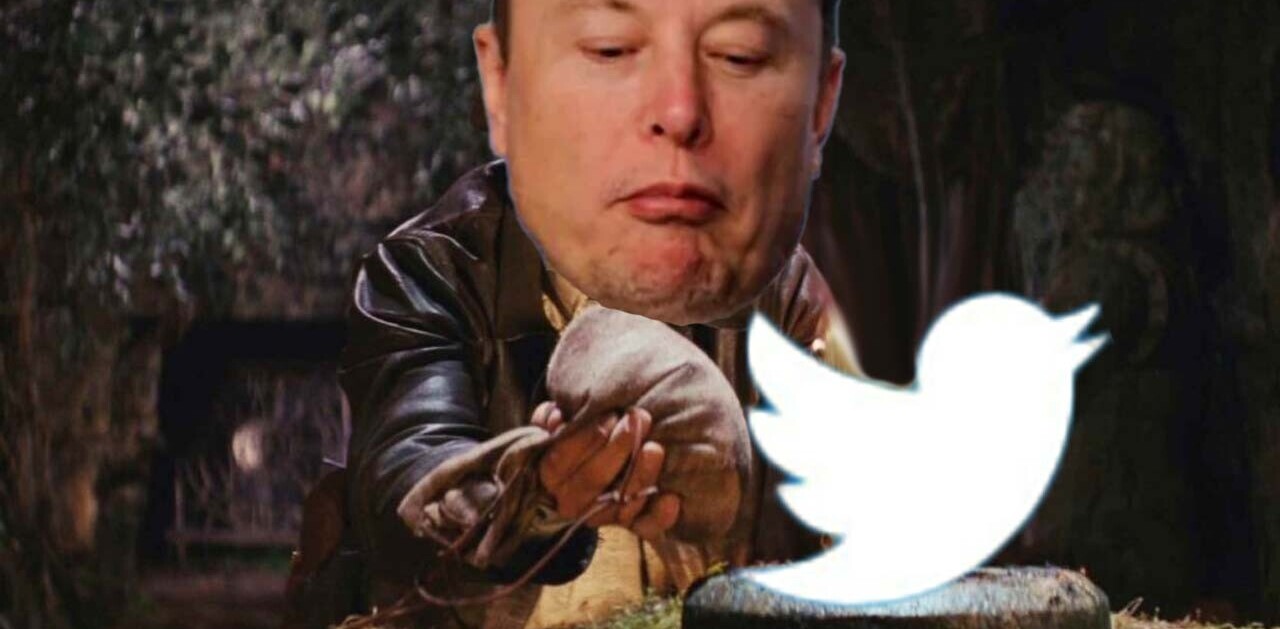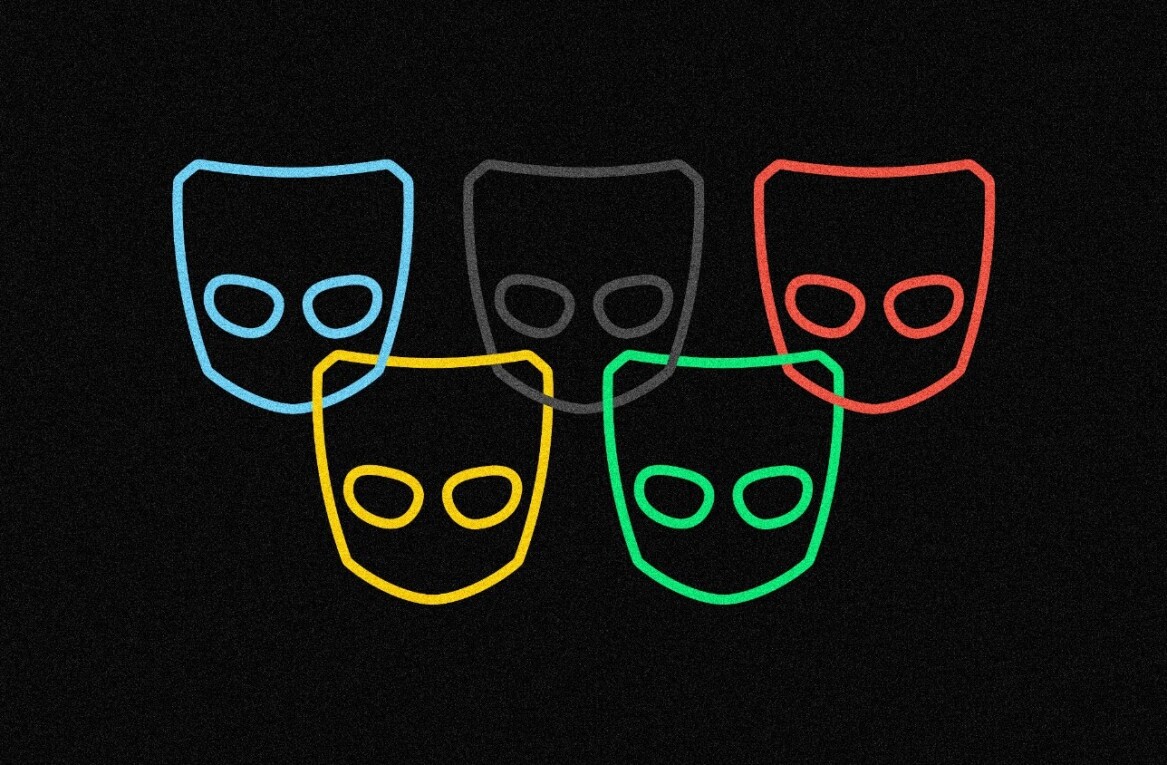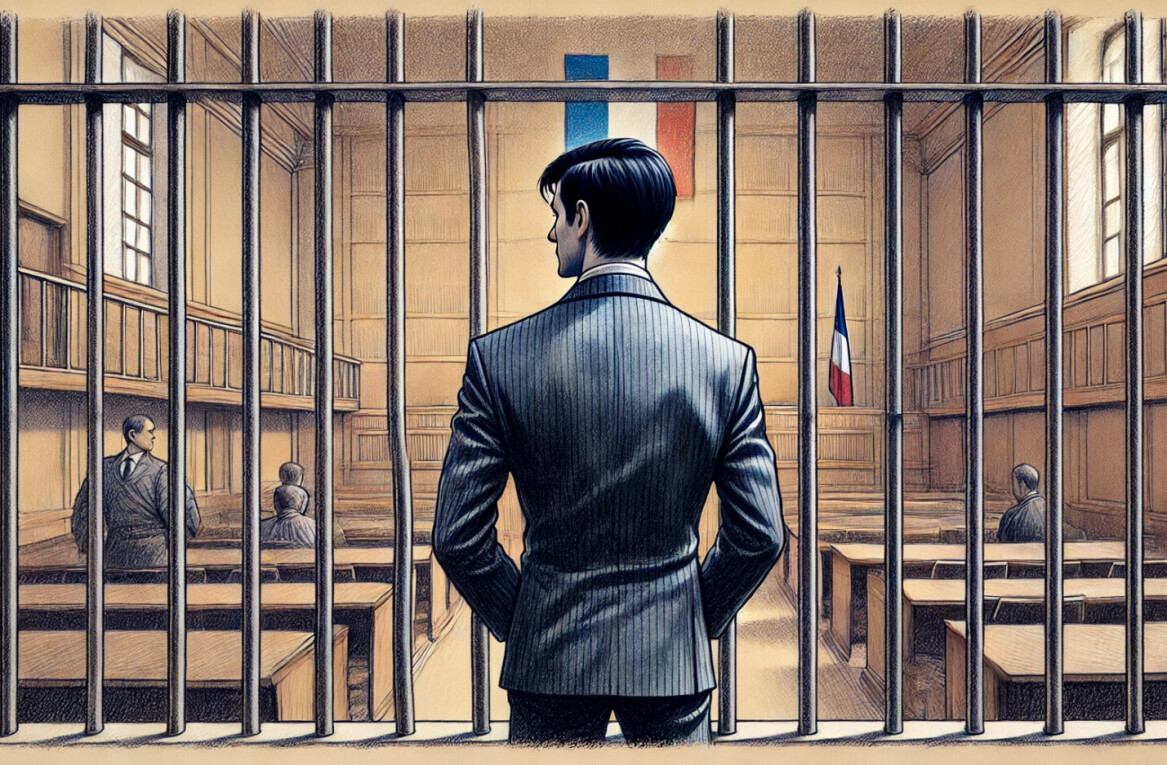
Yesterday, Twitter exploded with the news that Hermione Granger, the female character at the heart of the Harry Potter franchise will be played by Noma Dumezweni, a 45-year-old Swaziland-born actress in a new play, Harry Potter and the Cursed Child. Noma is black.
Yeah, this isn’t going to work…. It’s #HarryPotter & a new-look Hermione https://t.co/xHfLvtjmGX via @DailyMailCeleb
— LadyConserv (@LadyConserv) December 20, 2015
i’m offended by the casting of #CURSEDCHILD hermione is a white character. we may not make poc characters white so white should not be poc — Michelle (@1006michelle) December 20, 2015
@Hypable why would they make Hermione black?! So damn stupid
— Dee Ann (@DawsonTheCanoe) December 21, 2015
People on the other side reacted just as strongly.
Dear White people freaking out at #BlackHermione here’s some magic twinkles to cure your racism- *accio peace* ✨✨✨✨✨✨✨✨✨✨✨ ✨✨✨✨✨✨✨✨✨✨✨✨✨✨✨✨ — Ana (@ThatGirl_Ana) December 21, 2015
pls do file a complaint about the casting of #BlackHermione with the ministry of magic&let us know what happens (Oh it’s all make believe??)
— Media Diversified (@WritersofColour) December 21, 2015
It says a lot about a society when one main character of a movie being a black woman is big news #BlackHermione — Malaika (@Mali_2) December 21, 2015
The media waded into the debate drawing on the long history of characters not being all that faithful to the original.
At the New Republic, Esther Breger pointed out the actor cast as Ron Weasley, Paul Thornley, doesn’t exactly resemble the freckle-splattered, ginger-haired boy readers recall from the books.
Claire Fallon of Huffington Post chastised the opponents as, “Hiding behind devotion to canon is a poor excuse for what can only be simple racism. It’s not that Hermione may look different from how we imagined her, or how she was described in the books — it’s that she must be white, for many fans. What’s more, the actor who will play Harry Potter, Jamie Parker, lacks Harry’s jet-black mop, green eyes, and angular physique.”
Stephanie Phillips of Newsweek said, “Was it not the racism and discrimination that people of color had to face that inspired X-Men? Is Star Wars not just a history of colonization with added lasers? Are the references to Hermione as a Mudblood not about racism and blood purity?”
But for those of us who spend our days floating through the Web the reaction and counter-reaction is a daily occurrence. The Web is a chorus of competing voices that most of the time exist happily in separate corners, rarely coming into contact. But when there’s a topical event that throws a hoop over those competing ideas they clash and the media begins to take notice.
In my short time as Editor-in-Chief of The Next Web, I have written extensively about this idea. From the Paris attacks, to the Syrian refugee crisis to racist billboards in Brazil. We are regularly angered by how people respond to events that we feel are contrary to our own.
We like to think the Web is a reflection of our daily lives: a place of tolerance and equality. But when racism, sexism or any form of targeted abuse appear in our browsers we are shocked by its presence. How could this be possible? How can people publish such hateful things about other human beings?
This is a story that is older than the Web itself. Earlier this year there was a backlash to Amandla Stenberg’s casting as Rue in “The Hunger Games.” It’s not confined to film. Sport and the people that follow it have some of the most entrenched and polarizing views on race.
Racism is everywhere on the Web. This is not to say that it is acceptable, or right. Far from it. But for people whose job it is to explore the darker corners of the digital world (namely: us), it is everywhere.
Every site that has a comments section has at one time or another hosted views that are considered hateful of those of other genders, races or political views. I wrote earlier this year about The Next Web’s xenophobe problem.
There are many reasons why the Web does not reflect our perception of reality. One of the biggest is a concept known as group polarization. When a group of people with similar interests congregate on the Web, their views are likely to harden over time as the direct result of sharing their ideas with like-minded people.
Harvard law professor and former White House administrator Cass Sunstein wrote about how group polarization functions on the internet. It’s a fascinating read and one that concludes that the mix of inclusivity and exclusivity allows people to segregate themselves along points of view which in turn lead to ideas becoming more extreme over time.
Psychologists who study road rage have found alarming similarities with angry comments on the Web. ‘Road ragers’ dehumanize their opponents, effectively suppressing the feelings of guilt or shame that come when inflicting cruelty on others.
“The heavy metal of a car is a safe haven. Road ragers don’t think about the consequences or even about other people on the road as real people with real families,” says Ava Cadell, a psychologist and instructor at the Institute fir the Advanced Study of Human Sexuality in San Francisco. Replace the heavy car with a laptop and the sanctuary that is Web users’ house or coffee shop provides the perfect environment for extremist thoughts.
A recent study “Trolls Just Want To Have Fun” found online trolling can often just be a form of sadism. People post comments or messages just to start arguments or get an emotional reaction from others.
The idea of a racist free internet is a myth. The Web is not a reflection of our daily lives, it is a vast and complex construct that reflects all of humanity. It contains every thought, feeling and prejudiced view society has ever come up with and it’s not going to change.
We all need to learn how to live with that.
Get the TNW newsletter
Get the most important tech news in your inbox each week.





